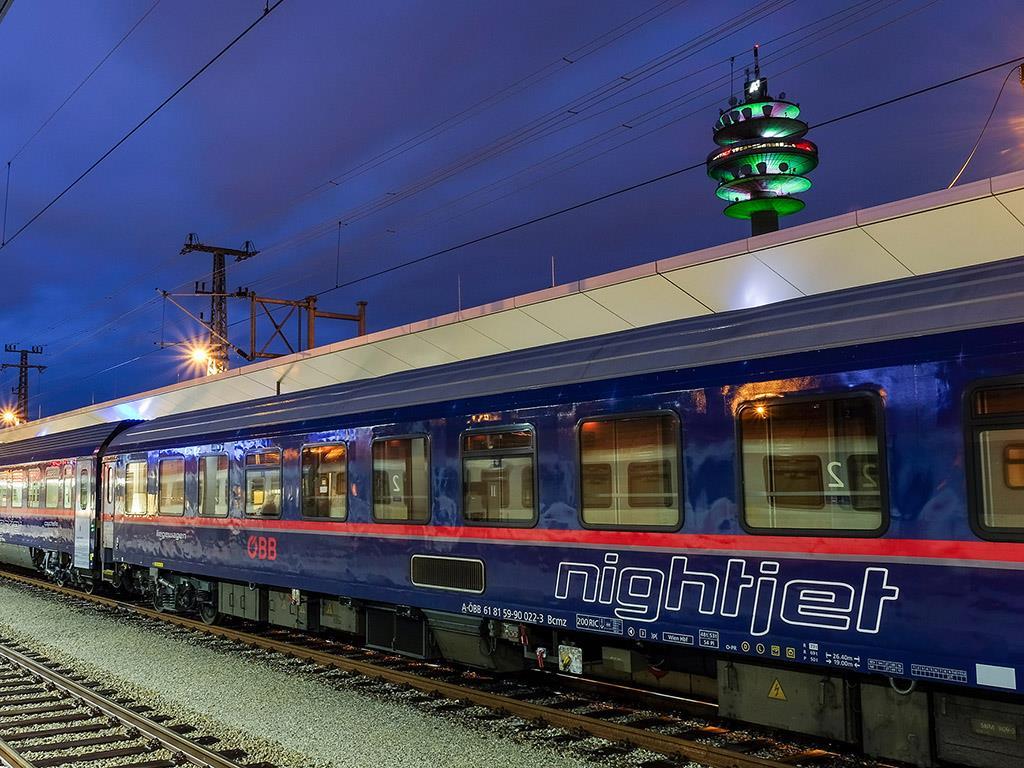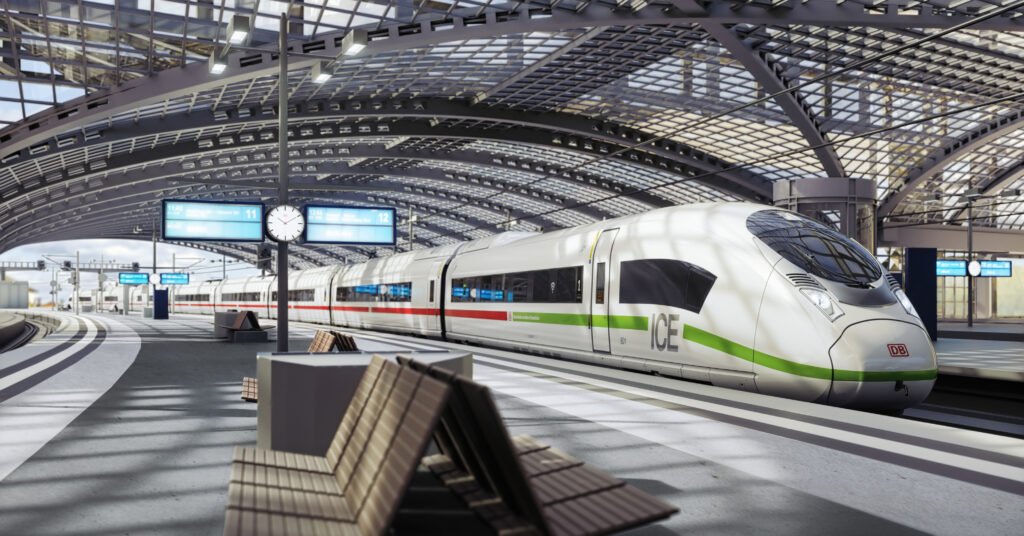DHL fulfillment network adds capacity with new warehouse in Euskirchen
Bonn, Germany, October 23, 2023 - As part of the expansion of the DHL (Deutsche Post AG-Xetra: DHLn) Fulfillment Network (DFN), DHL Supply Chain has now commissioned its fourth dedicated e-commerce warehouse in Germany. The…


